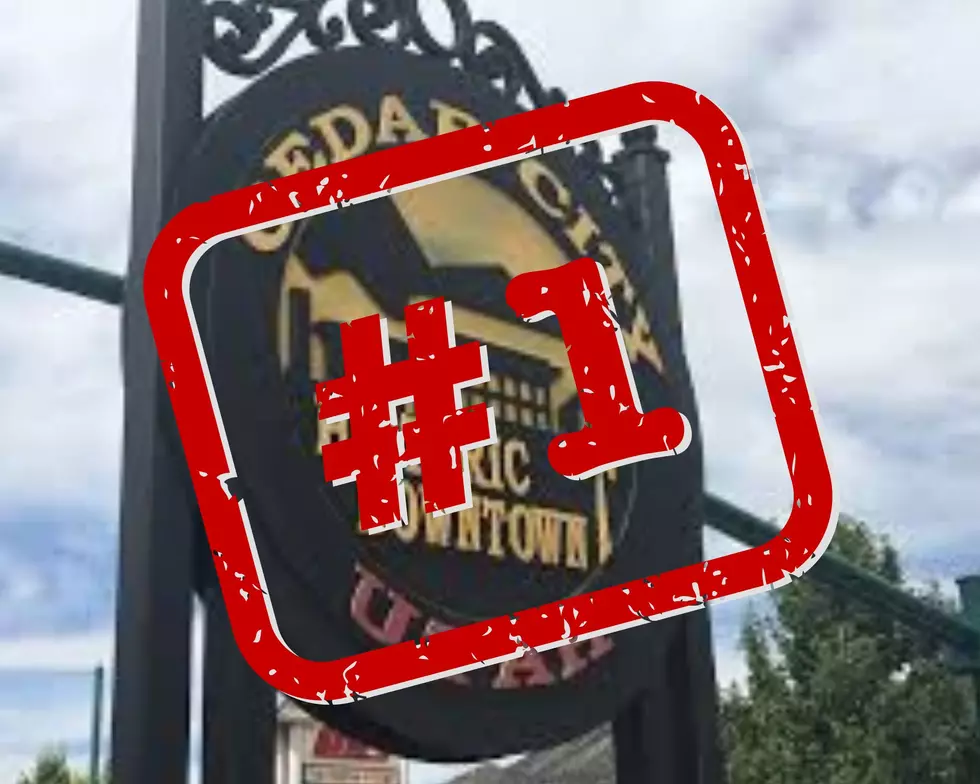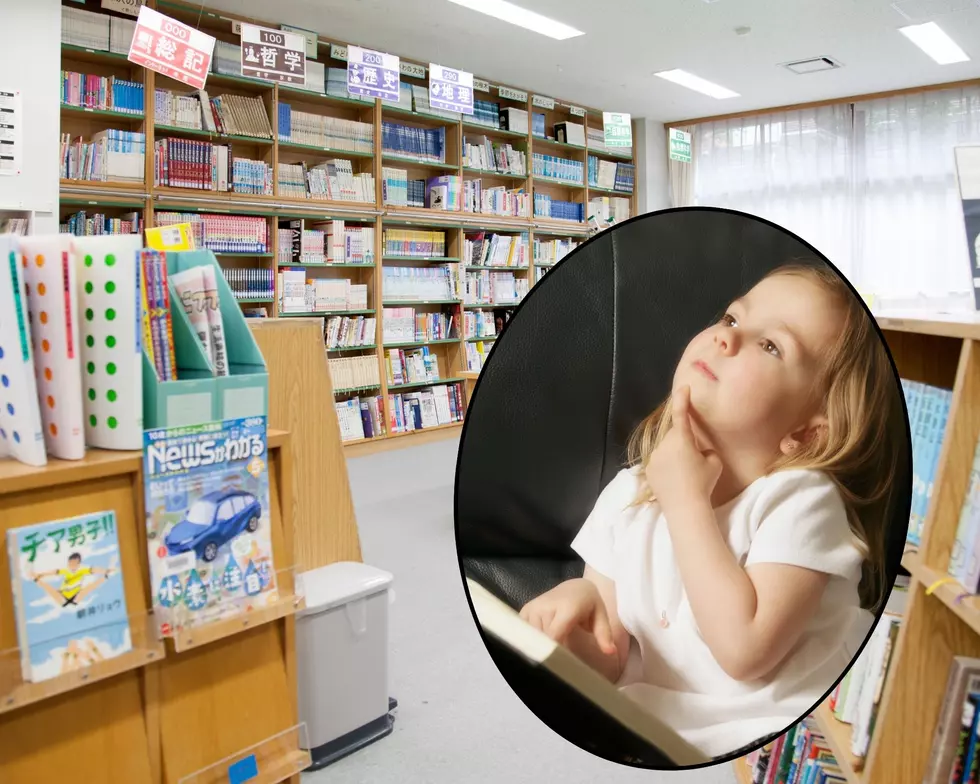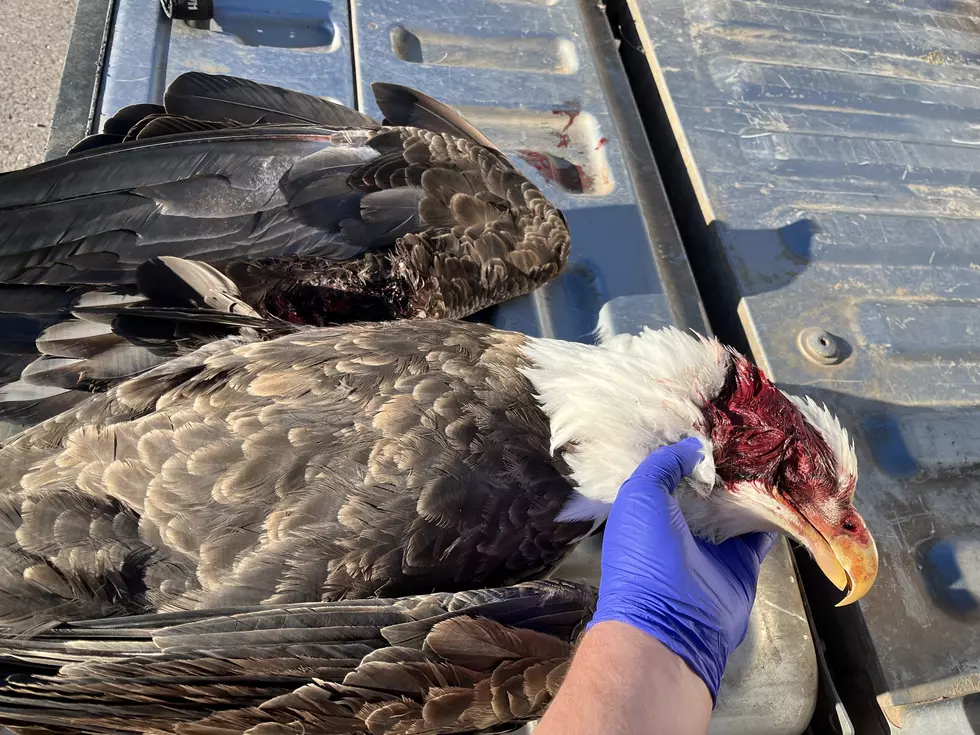
Hey, Campers, Leave Those Kids Alone!
We're on the cusp of the Memorial Day Weekend and for many that means time to pack up the camping equipment and head to the mountains. First and foremost, check ahead before you head out to your favorite campsite. It may still be closed due to the extraordinary amount of snow we had this winter. To that point, there is still no prediction as when State Route 148 to the Cedar Breaks National Monument will be open. It typically opens for the Memorial Day weekend.
But for those of you who will be able to do some camping this weekend, the Utah Division of Wildlife Resources wants to remind you that there will be plenty of new born wildlife, and it is likely you may encounter some while you are recreating in the mountains. What does the DWR ask of you if you come across one of these new born animals? Pure and simple, leave them alone.
According to a press release from the DWR, during the day, a doe deer will reunite with its fawn for a short time, to nurse it and care for it. Then, to draw attention away from where the fawn is hiding, the mother will leave the fawn. The doe will spend the rest of the day feeding and resting. Hiding is the best way for fawns to stay safe right after they are born. Then, after two or three weeks, the fawn grows strong enough to start accompanying its mother. So while it might be an easy assumption that the newborn has been abandoned, it is likely not the case.
Deer fawns and elk calves are usually born in late May and early June and that's why they are often seen during Memorial Day and early summer time activities. Fawns are born with a creamy brown coat covered with spots to provide better camouflage. The fawn also have little scent making it harder for detection from predators.
If you do see a deer fawn or elk calve, the DWR specifically asks you to not approach the animal. Observe it from a distance and take a picture if you like but don't get close. You may think them small, but they can still do damage to you, or use energy they need to survive by escaping you.
Never touch a newborn fawn. That will put scent on them that may attract the very predator who did not detect the fawn when they passed by earlier.
And above all, don't try to move the fawn or take it home. DWR reports that fatal consequences are likely when newborn animals are relocated to homes to be “taken care of.” Plus, it's against the law to keep wildlife in captivity and could result in a class A misdemeanor. If you come across an animal while in the mountains, and if you believe that animal is sick or in distress, contact the nearest office of the DWR.
For more tips on how to safely live and get along with wildlife visit the Wild Aware Utah website.
Quiz: Do you know your state insect?
More From KSUB 590/107.7









